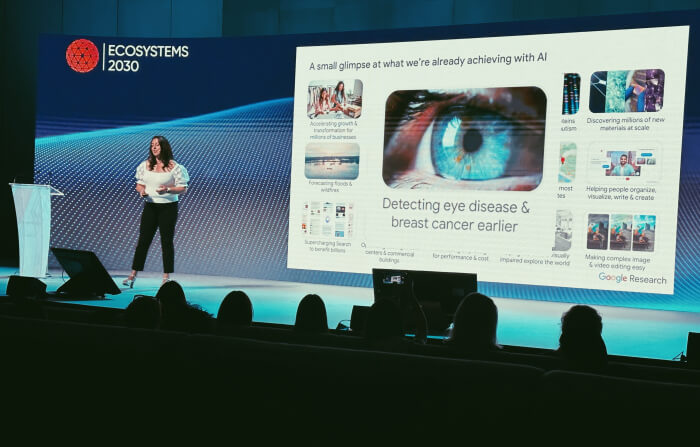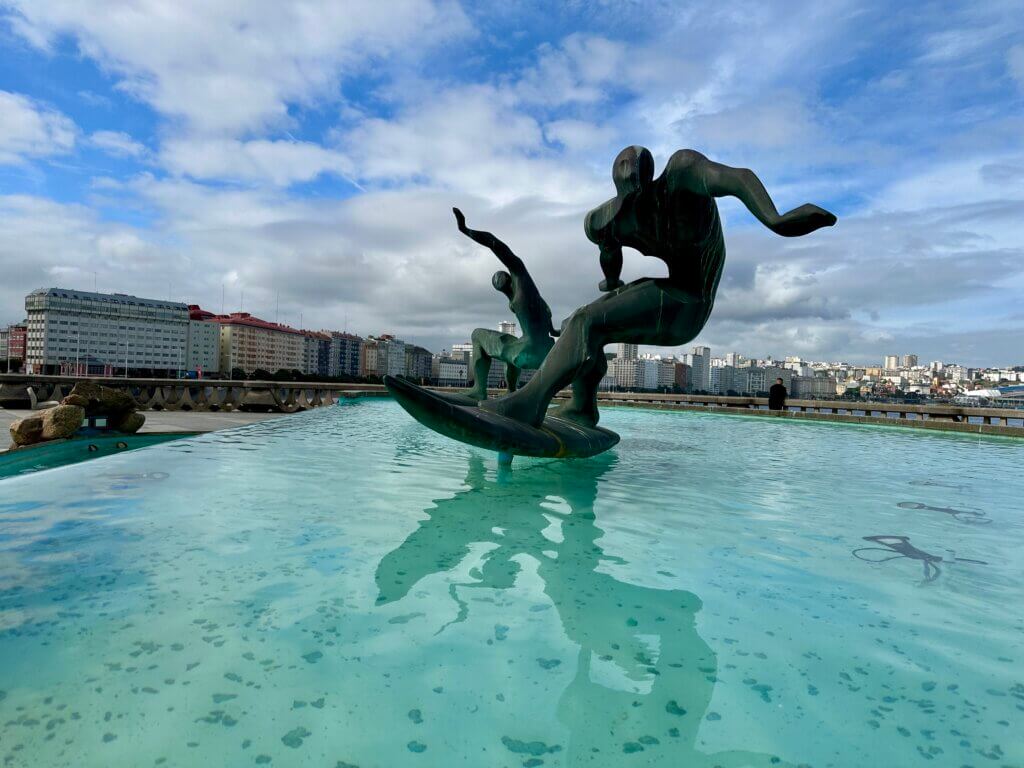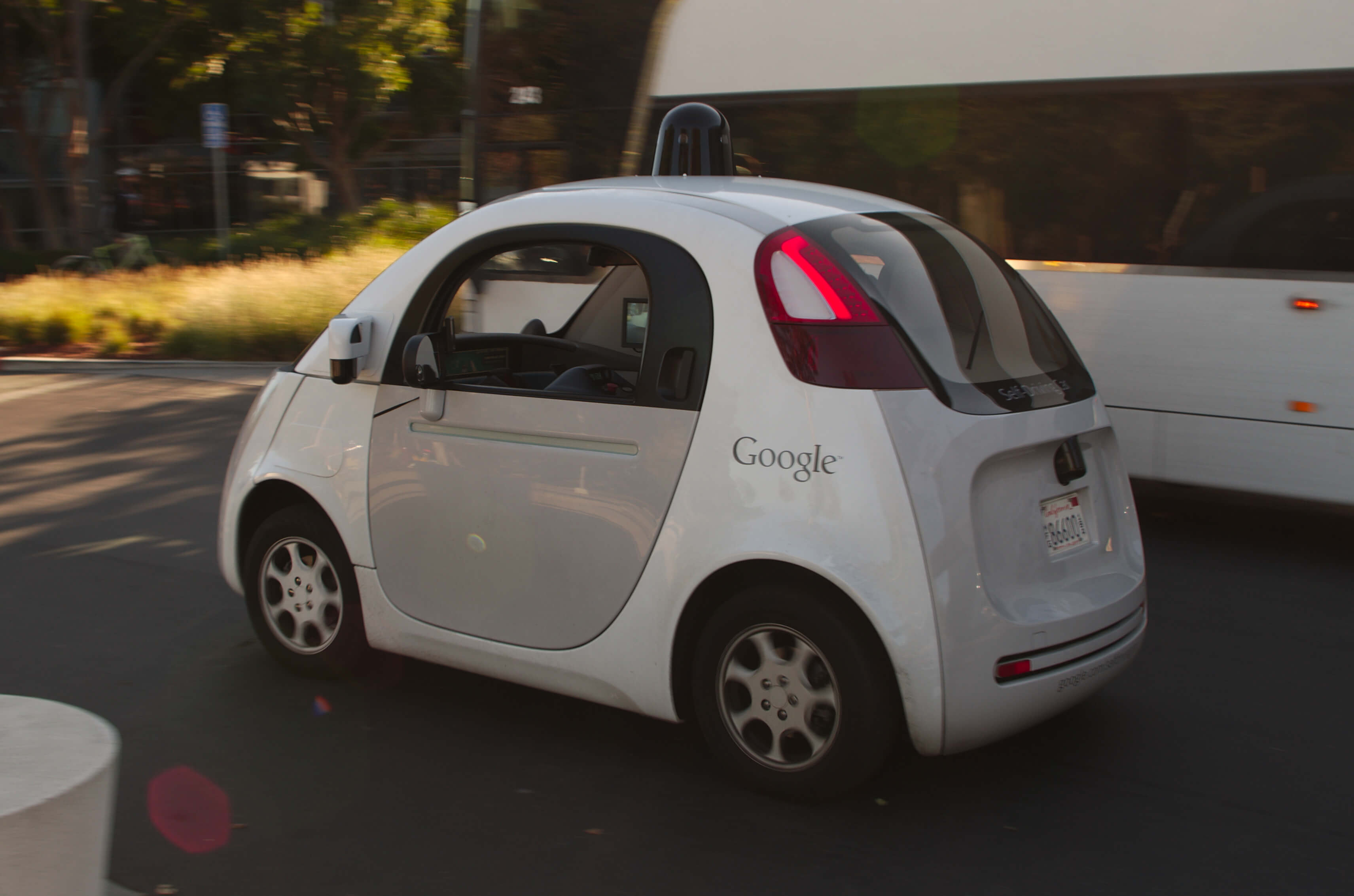Over the years, I have often been critical of the Public Broadcasting Service. That in spite of the fact that for 28 years, I have produced and hosted a program, “White House Chronicle,” which is carried by many PBS stations.
It is an independent program for which I find all the funding and decide its direction, content and staffing.
My argument with PBS — brought to mind by the administration’s canceling of $1.1 billion in funding for it and National Public Radio — is that it is too cautious, that it is consciously or by default lagging rather than leading.
Television needs creativity, change and excitement. Old programs, carefully curated travel, and cooking shows don’t really don’t cut it. News and public affairs shows are not enough. Cable does them 24/7.
My co-host on “White House Chronicle,” Adam Clayton Powell III, a savant of public broadcasting, having held executive positions at NPR and PBS, assures that they aren’t going away, although some stations will fail.
I believe PBS has often been too careful because of the money, which has been dribbled out by the Corporation for Public Broadcasting. Some conservatives have been after PBS since its launch.
It is reasonable to look to the British Broadcasting Corp. when discussing PBS because the BBC is the source of so much of the programming that is carried by PBS — although not all the British programming is from the BBC. Two of the most successful imports were from the UK — “Upstairs, Downstairs,” which aired in the 1970s, and, more recently, “Downton Abbey” — were developed by British commercial television, not by the BBC.
Even so, the BBC is a force that has played a major role in shaping state broadcasters in many countries. At its best, it is formidable in news, in drama and in creativity. It is also said to be left-of-center and woke. Both of these are things PBS is accused of, but I have never found bias in the news products. What I have found is a kind of genteel poverty.
I once asked the head of a major PBS station why they didn’t do more original American drama. “It would cost too much,” was the response in a flash. Yet, there are local theater companies aplenty who would love to craft something for PBS if they were invited.
Sometimes the idea is more important than the money. Get that right, and PBS will have something it can sell around the world. It should be an on-ramp for talent.
Maybe, stirred by its newly induced poverty, PBS can lead the television world into a new business paradigm.
First, of course, take advertising and don’t be coy about it, as “Masterpiece Theater” is about Viking cruises. Take the advertising.
Second, see what is happening across the television firmament, where more TV is now viewed on YouTube than on TV sets. This happens at a time of the viewer’s choosing. PBS needs to jump on this and create a pay-per-view paradigm so that when it has a big show, as it did with Ken Burns’ “Civil War” years ago, it can prosper, as well as selling the show around the globe.
PBS is a confederation of stations, each one independent but tethered to PBS in Washington, which provides what is known as the hard feed. These are programs pre-approved for central distribution by PBS. Independent producers aren’t acknowledged on this, nor do they get listed as being PBS programs.
I remember how I had heard that WHUT, Howard University’s television station, was open to new programs. So I took a pilot over to WHUT. One young woman said “yes” and a program was born.
PBS needs to open its doors to new talent, new shows and uses of new technologies. Leading the pack in broadcasting innovation would be the best revenge. New money will follow.
NPR is a different story. Its product is successful. It needs to be open to new funding, including much better acknowledged corporate funding. If Google or some other cash-laden entity wants to underwrite a day of broadcasting, let it. Don’t give it the editor’s chair, just a seat in accounting.







